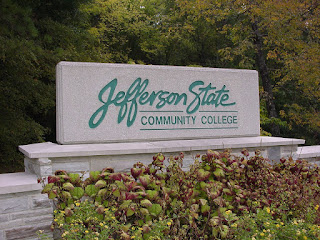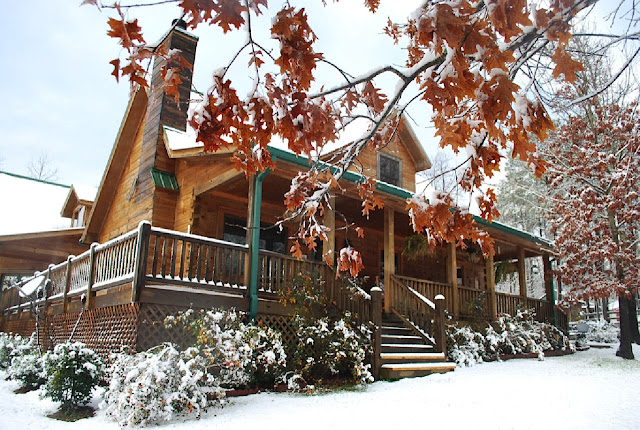Attend a Retirement Seminar
The Retirement Systems of Alabama has scheduled
retirement seminars for employees. If
you are just beginning employment in the college system or if you have up to 19
years of service credit, there is a seminar for you. Also, members who are within 3 to 5 years of
retirement eligibility can register for a retirement preparation seminar. The links to these seminars and others have
been added to the Human Resources section of the Jefferson State home page.
Links have also been added to TRS, PEEHIP and RSA Forms
and Publications. The links provide
address change forms, beneficiary change forms and more.
Please contact Karen Key at extension 7899 or kkey@jeffstateonline.com for additional information. The seminars can be found at:
www.jeffstateonline.com/about-jscc/human-resources/seminars
www.jeffstateonline.com/about-jscc/human-resources/seminars














